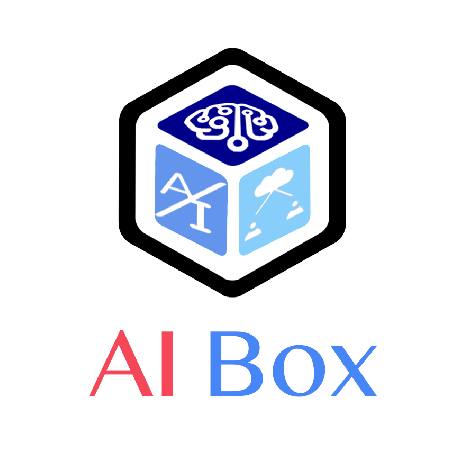Discover and explore top open-source AI tools and projects—updated daily.
RankGPT by  sunnweiwei
sunnweiwei
Re-ranking agent using LLMs for information retrieval research
Top 50.9% on SourcePulse
This project provides code and methodologies for using Large Language Models (LLMs) as re-ranking agents in Information Retrieval (IR). It targets researchers and practitioners in NLP and IR seeking to leverage LLMs for improved search relevance, offering a novel approach to adapt LLMs for this task and distill their capabilities into smaller, specialized models.
How It Works
The core approach involves using LLMs to generate permutations of search results based on a given query. This is achieved by crafting specific instructions for the LLM, prompting it to rank a set of candidate documents. A "sliding window" strategy is employed to overcome LLM token limits, allowing for the re-ranking of more documents by processing them in overlapping chunks. The project also details a method for "Instruction Distillation," where LLM-generated rankings are used to train smaller, specialized neural models (e.g., DeBERTa) for efficient zero-shot ranking.
Quick Start & Requirements
- Install:
pip install rank_gpt - Prerequisites: Python 3.8+, OpenAI API Key (for GPT models),
pyserinifor retrieval benchmarks. CUDA is recommended for training specialized models. - Setup: Basic usage requires an API key and minimal Python setup. Benchmark evaluation involves downloading datasets and pre-built indices.
- Links:
- Paper: https://arxiv.org/pdf/2304.09542.pdf
- Instruction Distillation Paper: https://arxiv.org/abs/2311.01555
Highlighted Details
- Won EMNLP 2023 Outstanding Paper Award.
- Supports multiple LLMs via LiteLLM (Azure, Claude, Cohere, Llama2).
- Introduces NovelEval, a test set designed to avoid LLM contamination.
- Demonstrates state-of-the-art ranking performance with open-source LLMs via Instruction Distillation.
- Provides code for training specialized ranking models and evaluating them on benchmarks like TREC, BEIR, and Mr. TyDi.
Maintenance & Community
The project is associated with Weiwei Sun and other researchers from Renmin University of China. The primary development appears active, with recent updates in late 2023. Links to community channels are not explicitly provided in the README.
Licensing & Compatibility
The repository does not explicitly state a license. The code is provided for research purposes related to the published papers. Commercial use would require clarification on licensing terms.
Limitations & Caveats
The core re-ranking functionality relies on external LLM APIs, incurring costs and potential latency. While Instruction Distillation aims to mitigate this, the initial LLM interaction is a dependency. The project is research-oriented, and production-readiness or long-term maintenance guarantees are not specified.
1 year ago
Inactive

 RUCAIBox
RUCAIBox yuxiaopeng
yuxiaopeng RUC-NLPIR
RUC-NLPIR PrithivirajDamodaran
PrithivirajDamodaran castorini
castorini rlancemartin
rlancemartin AnswerDotAI
AnswerDotAI gomate-community
gomate-community PeterGriffinJin
PeterGriffinJin langchain-ai
langchain-ai karpathy
karpathy